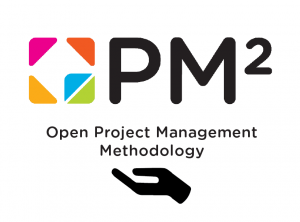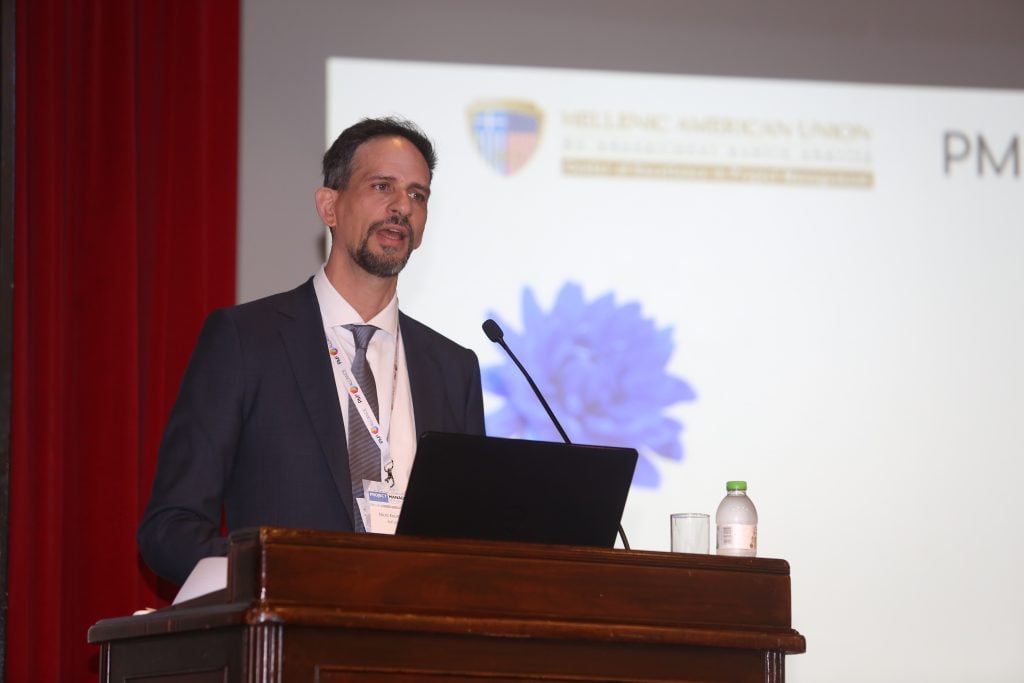PM² Methodology and Sustainability: A Holistic Approach to Responsible Project Management
Promoting sustainability considerations in Project Management

Sustainability is a concept that goes beyond buzzwords. It’s a fundamental principle that shapes how organisations operate and thrive. It’s about meeting the needs of the present while ensuring that future generations can meet their own needs.
This overarching principle, often defined by its three pillars: economic, environmental, and social, forms the basis for responsible and sustainable project management.
The PM² Methodology, developed by the European Commission, offers a comprehensive framework for effective project management. When combined with sustainability considerations, it becomes a powerful tool for achieving environmentally, socially, and economically responsible outcomes.
The European Commission, through its multi-billion European Green Deal, the Just Transition Fund, and the UN World Commission on Development & Environment (see also here) have long championed this approach.
In this context, the PM² Methodology can take on a powerful role in facilitating sustainable project management.
The three dimensions of sustainability relevant to project management
Each of the following dimension plays a unique role in advancing environmental and social responsibility within project definition and execution.
Green Projects: Green projects are the embodiment of sustainability in action. They are explicitly designed to have a positive impact on the environment. From reducing carbon emissions to preserving biodiversity and implementing circular economy practices, green projects lead the charge in environmental stewardship.
Greening Projects: Beyond green projects, greening projects represent a broader approach. This involves infusing sustainability goals and considerations into the project. It’s about influencing scope definitions and incorporating requirements into deliverables that strengthen sustainability objectives. It’s ensuring that every project decision, from procurement to resource management, contributes to a sustainable future.
Greening Project Management: Sustainability isn’t just about what you do; it’s also about how you do it. Greening project management means applying sustainable management principles throughout the project lifecycle. It involves implementing eco-friendly practices, stakeholder engagement, and a deep commitment to minimising negative environmental and social impacts.
It's not just a shift in project management practices; it's a shift in mindset towards a sustainable future.
Greening projects through the inclusion of sustainability goals is an important organisational commitment; we encourage organisations to move in this direction.
Nicos Kourounakis
PM² Alliance President

The role of the PM² Methodology
To effectively integrate sustainability considerations into project management, the PM² methodology should provide additional guidelines, processes, tools, and techniques that can help those organizations and project teams that are committed to responsible and sustainable practices.
These resources should be designed to assist organisations in aligning their project management practices with economic, environmental, and social sustainability goals. By offering practical guidance on incorporating sustainability into project selection, scope definition, and execution, the PM² Methodology can both inspire and empower organisations to make environmentally and socially responsible decisions while also optimising their economic outcomes.
Guidelines on incorporating sustainable management practices and behaviours: These guidelines are the compass for organisations and project teams looking to integrate sustainability. They offer clear directives on infusing sustainability into every project management process phase, and from resource allocation to risk mitigation.
Generic lists of sustainability-related requirements: These lists can become indispensable references for organisations and project teams, outlining common sustainability requirements that can be include in the project definitions. These requirements can span from emissions reduction requirements, to social impact assessments, ensuring that sustainability is part of every project’s DNA.
Sustainability checklists for each PM² Phase Gate: In each of the 3 project Phase Gates, include a sustainability checklist that becomes the guardian of sustainability objectives and practices. By systematically assessing alignment with these objectives, project teams ensure that projects remain on course in respect to the set sustainability standards.
Incorporating Sustainability responsibilities in the Roles of the management layer: PM² should include specific responsibilities related to sustainability within the descriptions of roles in the Management Layer of the PM² Governance. This can include responsibilities such as setting sustainability goals, tracking and reporting on sustainability performance, and driving sustainability initiatives and business implementation activities during and after the project closure.
Methodologies that promote lean practices and mindsets and include sustainability considerations, help project teams eliminate waste and result in the reduction of the environmental footprint of projects.

The crucial role of strategic and portfolio objectives
However, the real transformation occurs when sustainability becomes a core element of an organisation’s strategic and portfolio objectives. That is, while the integration of sustainability into the PM² methodology is essential, it’s only part of the equation. For this approach to have a significant impact on organisations applying PM², it’s vital that strategic and portfolio objectives prioritise sustainability. Without this alignment, promoting sustainability at the project and project management level can be limited in its reach.
The PM² Methodology, when coupled with a commitment to sustainability, creates a holistic approach to responsible project management. By adhering to the principles of sustainability across economic, environmental, and social dimensions, organizations can not only achieve their immediate goals but also build a sustainable and prosperous future for generations to come. The European Green Deal, with its emphasis on well-being and environmental health, exemplifies this approach. It’s not just a shift in project management practices; it’s a shift in mindset towards a sustainable future.






